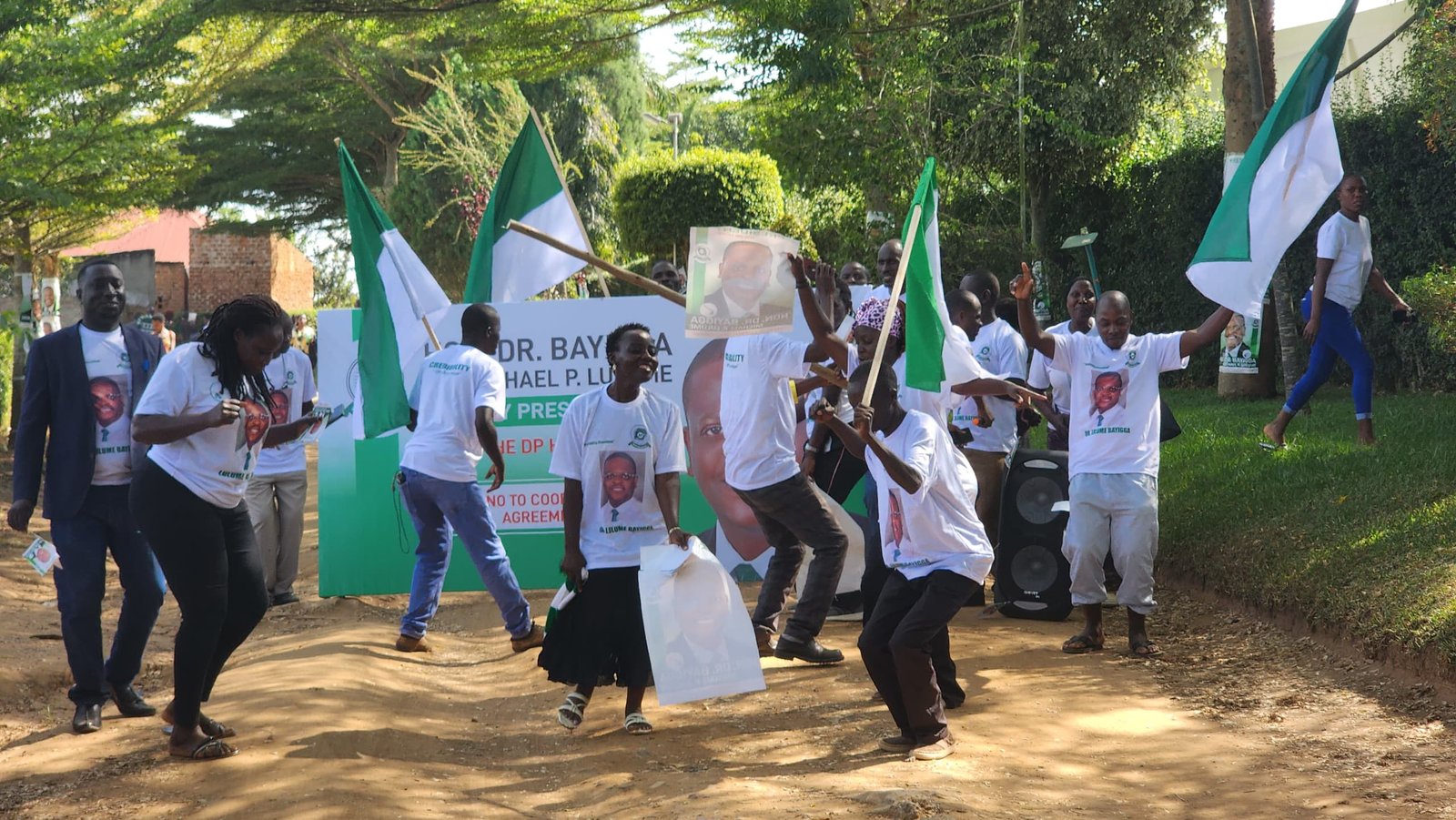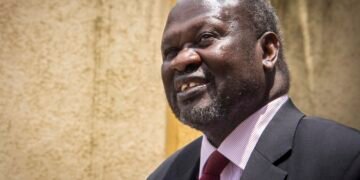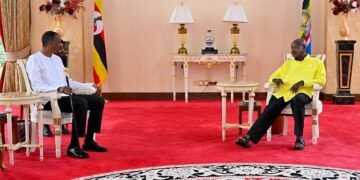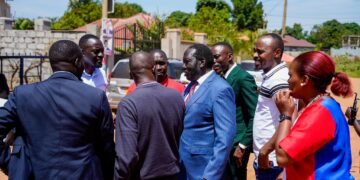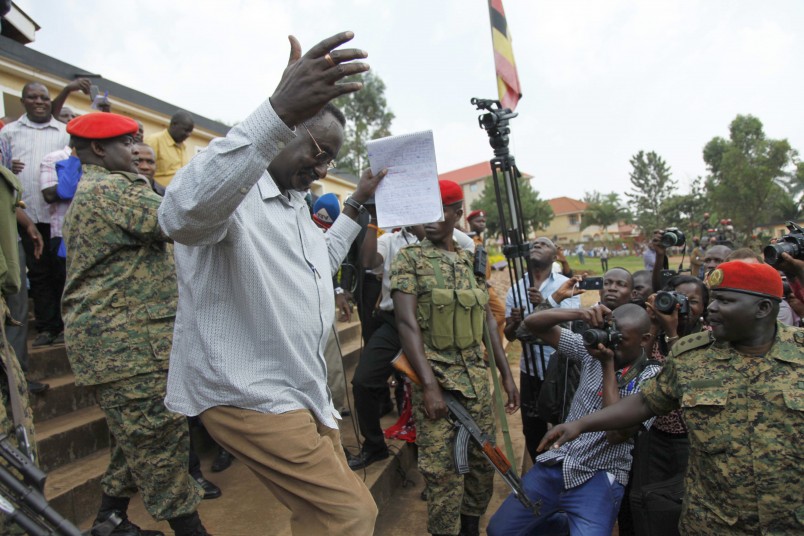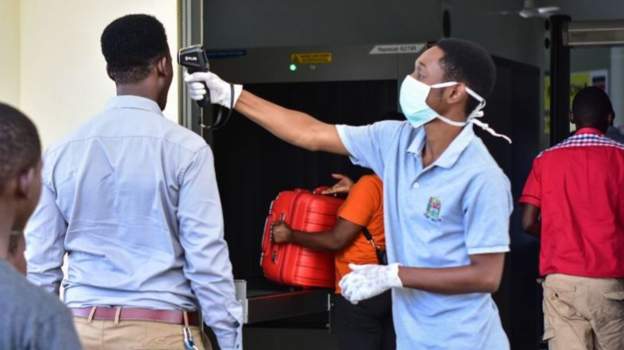The Democratic Party’s (DP) 12th National Delegates Conference officially opened today at Asamar Country Hotel in Mbarara City, marking a defining moment in the party’s history as it grapples with internal generational shifts and ideological disagreements.
Delegates from across Uganda gathered for what is expected to be a highly contested two-day event, with white and green decorations symbolizing DP’s traditional identity lining the venue. Supporters of the four contenders vying for the position of President General Mityana South MP Richard Ssebamala, Dr. Michael Lulume Bayiga, Alitia Elia, and incumbent Nobert Mao have already taken to lobbying and grassroots mobilization.
So far, only Ssebamala and Alitia had arrived by midday, while the others were expected later. Also present were Secretary General Gerald Siranda, the Uganda Young Democrats’ (UYD) presidential hopeful, and a representative for the Women’s League.
DP National Mobilizing Secretary Herbert Rutagwera told reporters that the conference is more than just an election it’s a test of the party’s resilience and relevance.
“We’ve invited elders from different constituencies to guide us in reconnecting with the party’s core values,” said Rutagwera. “Our hope is to conduct peaceful elections and emerge more united.”
But unity is precisely what the party is struggling with. The lingering impact of the 2022 cooperation agreement with the ruling National Resistance Movement (NRM)—which saw current President General Nobert Mao appointed Minister of Justice and Constitutional Affairs—continues to divide opinion within the party. Critics say the deal compromised DP’s opposition stance and betrayed its ideological roots.
At the center of the rebellion is MP Richard Ssebamala, who represents a younger, reform-driven faction seeking to restore DP’s independence and grassroots credibility.
“I’ve been in DP for over 20 years. Only this delegates conference can decide my fate—not whispers, not candidates,” Ssebamala told *The Nile Post* in response to claims that his candidacy should be blocked.
He added, “I’ve presented my party credentials and NEC records. I’m not just a member—I’m a NEC deputy for Diaspora Affairs, a DP-elected MP. If I’m qualified to lead the country, why not the party? My opponents are simply creating noise.”
Ssebamala’s challenge underscores a broader battle within DP—between a younger, opposition-oriented bloc that wants to reassert the party’s independence, and an older leadership that sees strategic collaboration as a political necessity in Uganda’s ruling-party-dominated landscape.
The conference’s outcome could signal a major shift in Uganda’s opposition politics. If the reformist wing gains ground, it may reenergize the party’s base and reclaim lost influence. But if the current leadership retains control, DP risks further alienating supporters who see the NRM alliance as a betrayal.
The choice now lies with the delegates—and the future of Uganda’s oldest political party may well depend on it.


